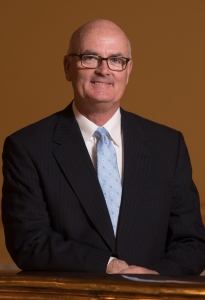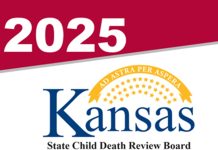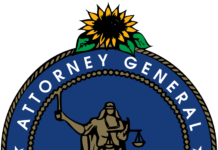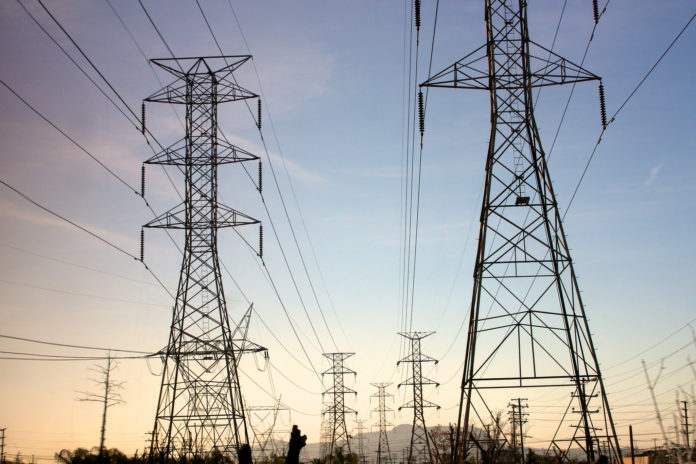The debate over the cost of electrical power in Kansas is escalating as the state’s universities seek to intervene in a utility rate case for what may be the first time.
The Kansas Board of Regents, which governs the state’s public universities, is asking the Kansas Corporation Commission to intervene in the rate request brought by Westar Energy.
While the state’s universities overall are paying 5.6 percent more for electricity than they did in 2014, some universities have seen their costs increase by as much as 18 and 35 percent.
The state’s universities paid $40.2 million for energy costs in fiscal year 2017, up from $38.1 million in fiscal 2014. The tuition increases approved by the board earlier this week are attributable, to some extent, to rising electrical costs.
The board submitted its request to intervene in the case with the corporation commission on Monday.
“The primary reason for it is to try and get on KCC’s radar and let them know that our institutions are concerned about the direction that utility costs are headed,” said Matt Keith, spokesman for the regents. “This represents a pretty substantial cost to the citizens.”
Pittsburg State University’s utility rates are up 35.3 percent since 2014. Wichita State University’s costs have increased 18.8 percent. Emporia State University is up 12.6 percent.
The petition to intervene in the case cites five Regents’ schools – Pittsburg State, Emporia State, Wichita State, the University of Kansas and Kansas State – that are Westar customers. They five schools paid $33.4 million in utility bills for 816 buildings.
Keith said the board has been talking about utility costs for more than a year, and some of the tuition increases will go toward funding that expense at Wichita State and Pittsburg State.
The board is seeking to intervene as a participant in Westar Energy’s request for a $17 million increase in utility rates, partly driven by the construction of a wind farm in Ford County and the expiration of production tax credits for some of the company’s earliest wind farms.
The company’s original request totaled a little more than $50 million, but the amount was reduced because of its merger with KCP&L.
A Westar spokeswoman said the company would reserve comment on the regents’ request until it filed a response with the KCC.
The board’s request is just the latest twist in an overarching debate about power rates in Kansas, an issue that started percolating during the legislative session.
The regents’ involvement in the case — which is believed to be unprecedented — reflects the snowballing opposition to a series of utility rate increases that have been approved by the Kansas Corporation Commission over the last decade.

“The Board of Regents weighing in is another big player saying we should find out what’s going on here before we agree to any more increases,” said House Minority Leader Jim Ward. “It’s a voice of credibility saying, ‘Yeah, what you’re hearing has got a lot more validity, that we pay too much.’ ”
Kansas has the costliest utility rates in the Midwest. Kansas residential consumers pay 12.69 cents per kilowatt hour compared to 9.73 cents in Missouri, 11.48 cents in Iowa, 9.65 cents in Oklahoma and 9.79 cents in Arkansas, according to the Energy Information Administration.
Commercial customers are in a similar predicament. Kansas commercial customers pay 10.27 cents per kilowatt hour compared to 8.41 cents in Missouri, 9.17 cents in Iowa, 7.72 cents in Oklahoma and 8.58 cents in Arkansas.
In the pending rate case, the Wichita school district filed testimony about the burden high utility rates impose on the district. School officials said their electrical rates are nearly 14 percent higher than the national average, and higher than all school districts in adjoining states except for Denver.
Last session, the Senate passed a resolution urging state regulators to keep power rates regionally competitive.
The resolution called on the KCC to identify any new laws that would reduce retail electricity rates to regionally competitive levels. It later died in the House.
A representative of KCP&L and Westar told lawmakers last session that there are a number of issues that have led to rate increases over the years, such as federal and state environmental mandates, concerns about security of the grid and meeting customer expectations for reliable service.
They blamed the increasing rates on meeting new environmental mandates that disproportionately affected Kansas because of the state’s heavy reliance on coal. As a result, they said, electricity rates were affected more in Kansas than in other states.
The emergence of the Board of Regents into the debate could help the issue gain more traction at the statehouse, said Jim Zakoura, a Johnson County lawyer who represents a coalition of large industrial users of electrical power.
In 25 years practicing before the KCC, Zakoura said he has not seen the Board of Regents participate in a rate case.
“It’s another voice — that being a public entity — that’s expressing concern about the level of rates,” he said. “It’s significant because the public entities are significant purchasers of (power), and their revenues are largely driven by taxes.”
Republican state Sen. Molly Baumgardner of Louisburg, chairwoman of the Senate Education Committee, has expressed concern about utility rates burdening schools.

She notes that residents get hit twice, once for the rates paid on their homes and then with taxes — or tuition increases — levied to pay for rising utility costs.
“When utility rates go up, it is a double whammy for the taxpayer,” Baumgardner said. “They have to pay their personal increase in rates, then they’re having to bear the brunt of increased rates for the public schools.
“Everyone in the state of Kansas is bearing the burden for those increases.”
Ward said a comprehensive rate study by an independent third party is needed before any more rate increases are approved.
“We pay too much, and we should figure out what’s going on here.”













